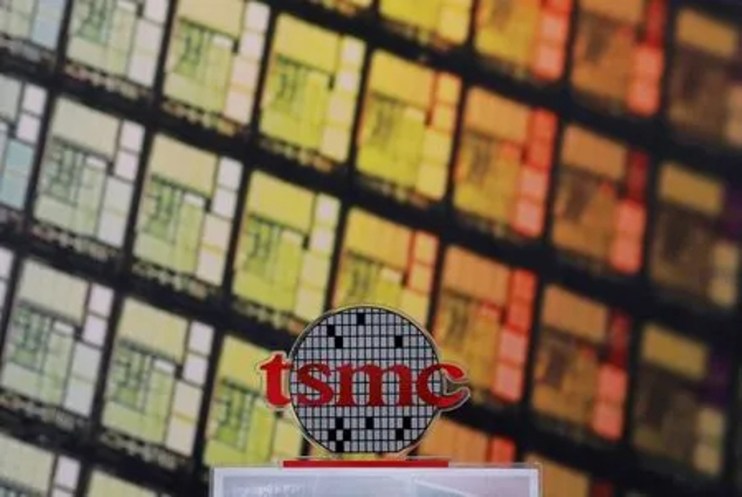Taiwan: UK chip industry ‘very exposed’ amid semiconductor giant’s political turmoil

Intensifying political headwinds winds on a small island roughly 100 miles off the coast of China may seem too far removed to have a seismic impact on the UK.
But, like most countries, Britain’s semiconductor industry relies heavily on Taiwan, a lynch pin in the global technology supply chain.
It produces over 90 per cent of the world’s most advanced microchips, which are used to power critical digital infrastructures such as smartphones, cars, hospital machines and data centres.
Saturday’s presidential elections in Taiwan marked the end of Tsai Ing-wen’s eight-year tenure with the Democratic Progressive Party (DPP), known for its opposition to Beijing’s influence.
Now the DPP have secured a third consecutive term – a prospect that rattles Beijing especially as Lai Ching-te, the DPP’s new candidate, is poised to take an even more assertive stance on independence.
Claiming the island as part of its territory, Beijing responded to the election results by saying that “reunification” with Taiwan is still “inevitable”.
Amid fears of heightened military activity and an invasion by China, the UK finds itself inadequately prepared.
A potential blockade of the Taiwan Semiconductor Manufacturing Company (TSMC) factory, the major source of Taiwanese silicon, could severely disrupt the supply chain across the world.
Many countries have identified this as a risk to their national security, and are seeking to onshore production again. The US and EU have both enacted ‘CHIPS Acts’, which unlock massive public funding to support key chip producers in building foundries within their borders.
The UK government’s semiconductor strategy, published in May last year, acknowledges the desirability of this goal, but says it is not a viable option for the UK due to a lack of scale and budget constraints.
Without such a shift though, the nation’s heavy reliance on external chip sources leaves it “very exposed”, according to Adrian Toutoungi, an IP lawyer at Taylor Wessing who specialises in semiconductor intellectual property issues.
Finite chip reserves could paralyse the nation, hampering security and productivity if essential replacements for medical equipment or vital technology cannot be found, he explained.
Amid these concerns, the UK government is currently war gaming scenarios in anticipation of a potential Chinese invasion of Taiwan. Stockpiling silicon and counting solely on alliances with neighbouring countries might not suffice.
Brexit has weakened the UK’s position, said Toutoungi, adding that “we have to rely on strong ties with allies and hope they are altruistic enough to help us, but in the pandemic we saw how quickly these ties can fall apart, for example when there was a shortage of supply of vaccines”.
The Covid-19 pandemic brought into sharp focus the strains which a global health emergency can put into global logistics and shipping providers.
To add to the mix, the Israel-Hamas war threatens to worsen the disruption.
“As Israel is among the few advanced-chip-producing countries outside of East Asia, the war may further complicate the already vulnerable supply chain,” according to Anirudh Munder, assistant manager of industrials at research company, The Smart Cube.
He said the war could cause labour shortages and disrupt operations at companies like Intel, one of the world’s largest chip manufacturers, which has almost 13,000 employees based in Israel.
“Chip prices are expected to rise rapidly in the next few months due to a supply shortage, with major chip vendors, such as Intel and Qualcomm, planning to increase prices by the end of the year,” Munder added.
The UK does have some cards in its hand. It excels in semiconductor research and developments, such as in compound semiconductors, and also in semiconductor IP.
Companies like Pragmatic and Paragraf are innovating advanced designs that the UK could potentially leverage in some way in return for security of supply.
Cambridge-based chipmaker Pragmatic recently secured £182m to expand its manufacturing facilities, priming it to become the UK’s largest semiconductor manufacturer in the UK.
The government also – belatedly – blocked the sale of the Newport wafer fab to Chinese controlled company Nexperia.
“But only time (and another supply shock) will tell whether this will be enough,” said Toutoungi.